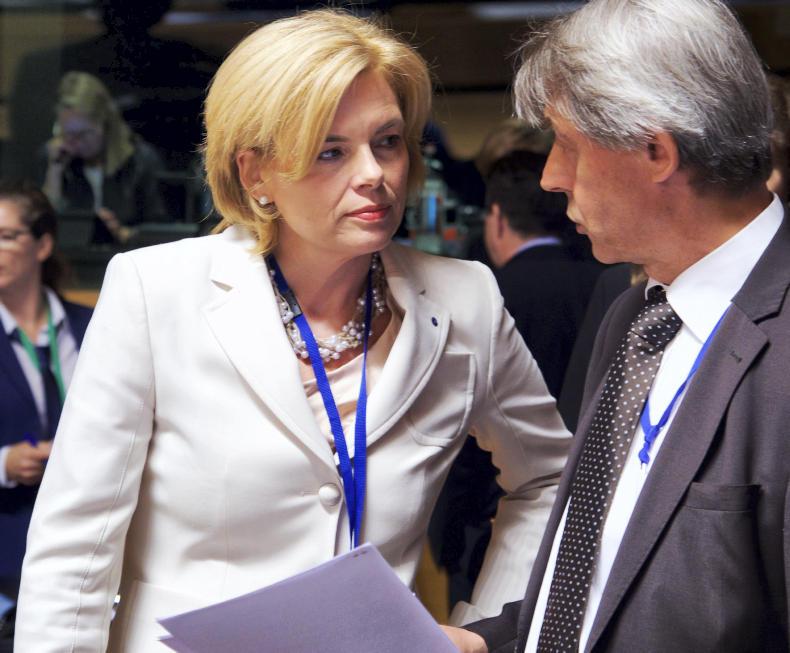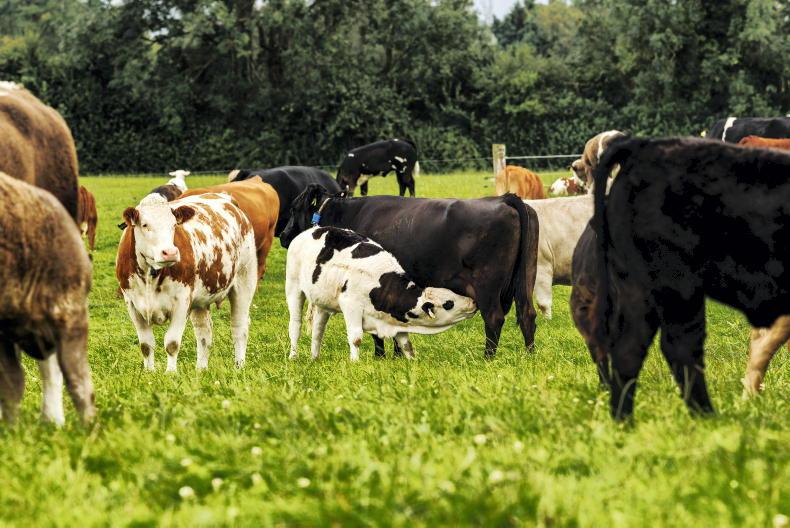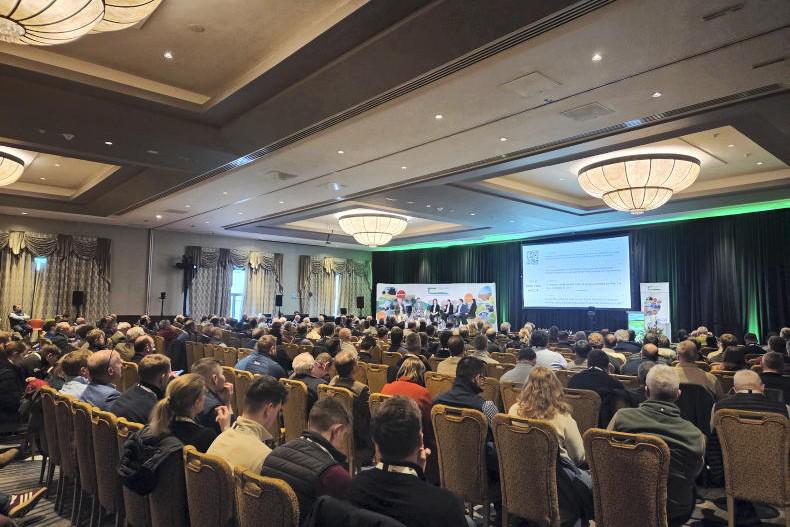German Minister for Agriculture Julia Klöckner has signed a public declaration with her French counterpart calling for “the stabilisation of the CAP budget at its current level”.
This means reversing the 5% cut proposed by the European Commission for the period 2021-2027 because of a Brexit shortfall and competing priorities.
Germany joins the alliance of 20 out of 27 EU remaining countries led by France and Ireland who “highly regret” the proposed cuts in a joint memo launched in May.
MEPs too have drafted a strongly worded opinion to be adopted after the summer break. The Agriculture Committee of the European Parliament suggests that the next CAP budget should be “at least at the level of the 2014-2020 budget for the EU-27 in real terms”, taking into account inflation-adjusted cuts estimated to hit 15% under current proposals.
“Agriculture must not suffer any financial disadvantage as a result of political decisions, such as the withdrawal of the United Kingdom from the EU or the funding of new European policies,” the draft opinion states.
Around five countries, including the Netherlands, still refuse to increase their contributions to make up for the €10bn annual shortfall left by Brexit. Marc Calon, president of the Dutch farmers union LTO, said last week that the CAP budget was not a worry for his members.
“In the Netherlands farm income is on average 14% from subsidies,” he said. This compares with 56% in Ireland, where the IFA has made the defence of CAP funding a priority.
“You cannot explain to taxpayers that you will have to pay more and more for farmers,” Calon added. “You can try, but you will lose that fight.”
IFA president Joe Healy said the strong support from the agriculture committee on the next CAP budget shows momentum is building on what is a core issue for Irish farmers.
European Commissioner for Agriculture Phil Hogan remarked this week that if countries could not agree on increased contributions to the EU budget to maintain CAP funding, they could still reallocate funds to agriculture from other policies. “It’s a matter of political choices,” he said.
Read more
Austria wakes up to Brexit beef threat
Germany joins alliance against CAP cuts
German Minister for Agriculture Julia Klöckner has signed a public declaration with her French counterpart calling for “the stabilisation of the CAP budget at its current level”.
This means reversing the 5% cut proposed by the European Commission for the period 2021-2027 because of a Brexit shortfall and competing priorities.
Germany joins the alliance of 20 out of 27 EU remaining countries led by France and Ireland who “highly regret” the proposed cuts in a joint memo launched in May.
MEPs too have drafted a strongly worded opinion to be adopted after the summer break. The Agriculture Committee of the European Parliament suggests that the next CAP budget should be “at least at the level of the 2014-2020 budget for the EU-27 in real terms”, taking into account inflation-adjusted cuts estimated to hit 15% under current proposals.
“Agriculture must not suffer any financial disadvantage as a result of political decisions, such as the withdrawal of the United Kingdom from the EU or the funding of new European policies,” the draft opinion states.
Around five countries, including the Netherlands, still refuse to increase their contributions to make up for the €10bn annual shortfall left by Brexit. Marc Calon, president of the Dutch farmers union LTO, said last week that the CAP budget was not a worry for his members.
“In the Netherlands farm income is on average 14% from subsidies,” he said. This compares with 56% in Ireland, where the IFA has made the defence of CAP funding a priority.
“You cannot explain to taxpayers that you will have to pay more and more for farmers,” Calon added. “You can try, but you will lose that fight.”
IFA president Joe Healy said the strong support from the agriculture committee on the next CAP budget shows momentum is building on what is a core issue for Irish farmers.
European Commissioner for Agriculture Phil Hogan remarked this week that if countries could not agree on increased contributions to the EU budget to maintain CAP funding, they could still reallocate funds to agriculture from other policies. “It’s a matter of political choices,” he said.
Read more
Austria wakes up to Brexit beef threat
Germany joins alliance against CAP cuts










SHARING OPTIONS